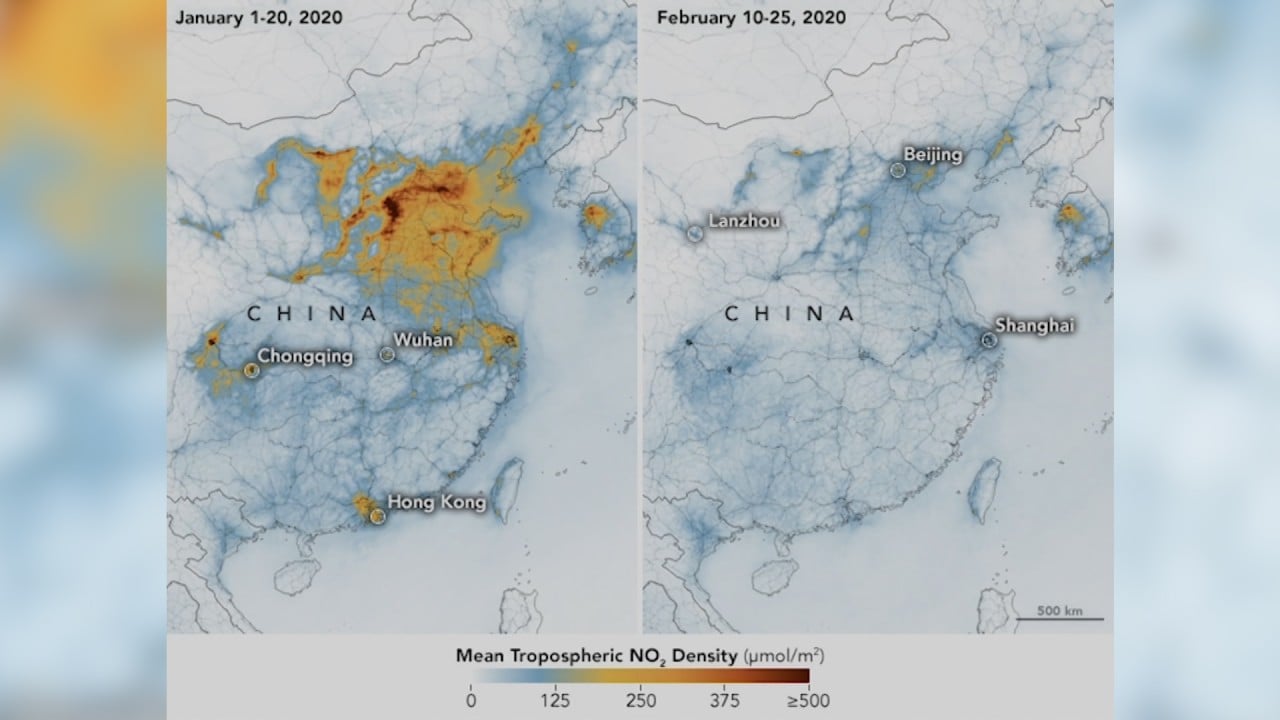Advertisement
Letters | Coronavirus pandemic is a warning from Mother Earth: the world cannot return to business as usual
- Recovery plans for economies across the world must include the development of a new strategic approach to prevent the health, climate and environmental disasters caused by human activity
Reading Time:2 minutes
Why you can trust SCMP

The Covid-19 pandemic that has harshly threatened human health and the global economy over the last five months is the most severe warning ever given by nature. Will political and business leaders ignore this warning and continue to put economic growth first?
Advertisement
On World Environment Day, I urge national and business leaders to fundamentally overhaul our development strategies.
High-carbon fossil fuels were used to power industrial development and economic growth over the past centuries. The atmospheric carbon dioxide concentration has risen from 280 parts per million (ppm) at the beginning of the industrial revolution to 416 ppm in April this year, a shock to the ecosystems we depend on for survival.
Nuclear energy was developed in the mid-1950s and is hailed as a climate-friendly energy today. But some countries have paid a high price for using nuclear power; one need only refer to the two biggest disasters – Chernobyl in 1986 and Fukushima in 2011.
Then there is plastic. Plastic was originally invented for industrial and medical applications. But single-use plastic and microplastics are now recognised as huge environmental problems. Many large multinational corporations pledged to tackle the problem. However, the petrochemical industry is still expanding plastic manufacturing plants.

03:31
Coronavirus: blue skies over Chinese cities as Covid-19 lockdown temporarily cuts air pollution
Coronavirus: blue skies over Chinese cities as Covid-19 lockdown temporarily cuts air pollution
Forests are renewable carbon sinks, absorbing significant amounts of greenhouse gases that would outperform man-made carbon capture and storage facilities. But forests have been “developed” unsustainably for quick gains. It is estimated that, since 2016, an area of forest equivalent to one football pitch has been lost every second.
Advertisement

Advertisement